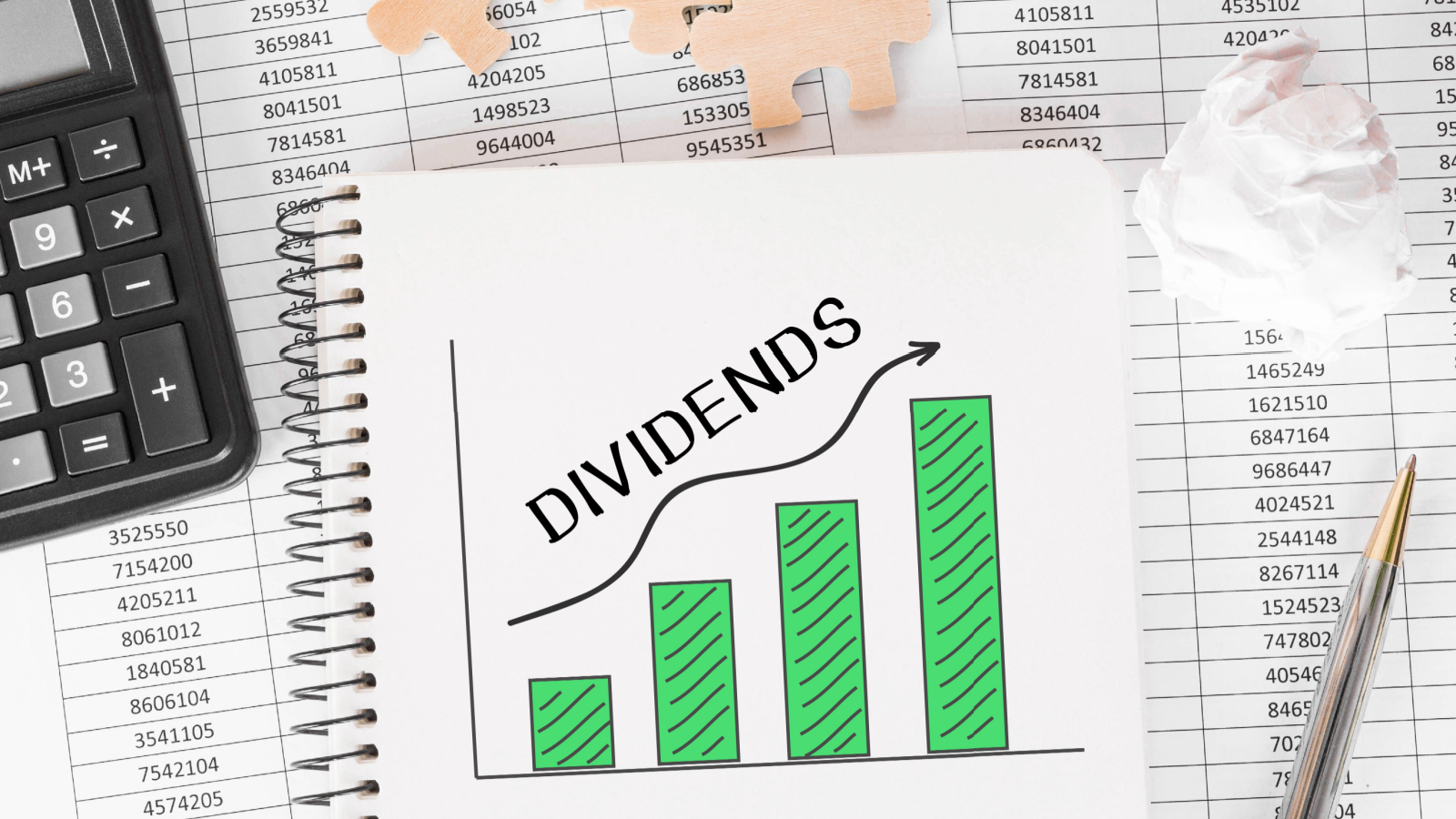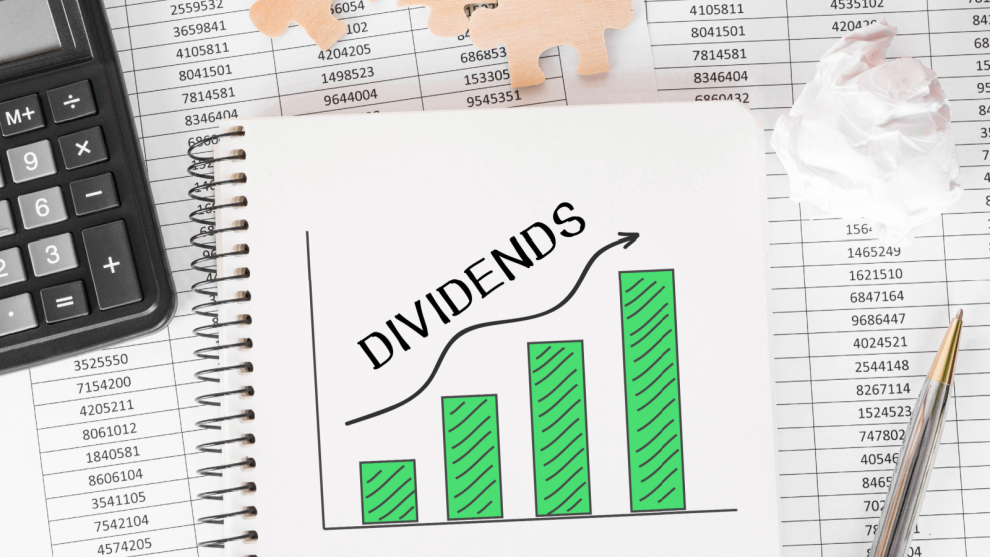
The average dividend yield of the 503 stocks in the S&P 500 is 1.3%. That makes it difficult to find high-yield dividend stocks to buy.
According to Finviz.com, there are 10 stocks in the index, yielding 6% or more. Not all 10 are bargains. Some, like Walgreens Boots Alliance (NASDAQ:WBA), might be considered “value traps” by many investors even after falling 42% in 2024.
Nonetheless, of the 9 remaining stocks yielding 6%, I don’t think there’s any doubt at least three are bargains despite such a high yield.
If you expand the search to all U.S.-listed stocks yielding 6% or more and a market capitalization over $2 billion, the field widens to 141. It is from here I will select three high-yield dividend stocks to buy.
To make things interesting, I’ll pick one from the S&P 500, one from the Dow Jones Industrial Average and one from the Russell 2000.
Healthpeak Properties (DOC)

Healthpeak Properties (NYSE:DOC) is a healthcare-focused REIT (real estate investment trust) based in Denver. Its annual dividend rate of $1.20 yields 6.2%.
On March 1, the REIT completed its all-stock merger of equals with Physicians Realty Trust. The transaction valued the combined companies at $21 billion. Shareholders received 0.674 Healthpeak shares per Physicians Realty Trust share.
Physicians brought to the table an internal property management platform and established industry relationships. It expects the merged entity to generate up to $60 million in annual synergies by the end of 2025.
The combined REIT has 52 million square feet of healthcare space, including one of the largest outpatient medical portfolios with 40 million in high-growth markets and affiliated with leading hospitals and health systems. Its top three markets are San Francisco, Boston and Dallas, with 13.7 million square feet.
Its balance sheet is top-notch, with just $1.7 billion of its long-term debt maturing before 2028. The weighted average interest rate of its $8.73 billion in total debt (not including lease liabilities) is a reasonable 3.8%.
On the same day it closed its merger, the company obtained a new $750 million, 5-year unsecured term loan with a fixed interest rate of 4.5% for the entire period. Its net debt is just 5.2x its adjusted EBITDA.
Verizon Communications (VZ)

Admittedly, I prefer T-Mobile U.S. (NASDAQ:TMUS) to either Verizon Communications (NYSE:VZ) or AT&T (NYSE:T). However, of the two biggest, Verizon is a better buy than AT&T.
In May, I argued that Verizon’s free cash flow growth made it a good dividend stock to buy from the Schwab U.S. Dividend Equity ETF (NYSEARCA:SCHD). While analysts don’t love it, it trades at a low 8.4x its 2025 earnings per share estimate of $4.71.
Verizon’s quarterly dividend amounts to an annual payment of $2.66 a share, a yield of 6.8%. Income investors ought to like that.
One quarter into 2024, Verizon’s wireless revenues were up 3.3%, to $19.5 billion, while its free cash flow in the first quarter was $2.7 billion, 17% higher than a year earlier. Its trailing 12-month free cash flow is $13.44 billion.
On a price-to-sales basis, its market cap is 1.24x sales, lower than its five-year average of 1.48x. Its forward price-to-earnings ratio is 8.62x, less than its five-year average of 9.58x.
While it’s not nearly as cheap as it was last October, the high yield more than makes up for it.
Artisan Partners Asset Management (APAM)

I’ve recommended Wisconsin-based Artisan Partners Asset Management (NYSE:APAM) in the past.
In January 2022, I included it on my dividend-income ladder from 1% to 10% yields. It was 10.3% back then. A part of that yield was because of the 31-cent special dividend it paid out in 2021.
Year-to-date, it’s paid out $1.63 in dividends — February payment of 68 cents, February special dividend of 34 cents and May dividend of 61 cents — with approximately $1.26 to be paid out over the final two regular payments of the year. Based on $2.44 in annual dividends and a share price of $40, it’s currently yielding 6.33%.
One of the things I like about Artisan is that nearly 13% of its voting shares are controlled by directors and executive management. They are, as they say, “Eating their own cooking.”
As of May 31, it had assets under management (AUM) of $158.6 billion, with its funds business accounting for 49% and separate accounts for 51%. Its Q1 2024 adjusted operating income was $81.6 million, 16.6% higher than a year earlier, on $264.4 million in revenue, 12.8% higher year over year.
Whenever it trades around $30, load up the truck and grab yourself an enhanced dividend yield.
On the date of publication, Will Ashworth did not hold (either directly or indirectly) any positions in the securities mentioned in this article. The opinions expressed in this article are those of the writer, subject to the InvestorPlace.com Publishing Guidelines.






